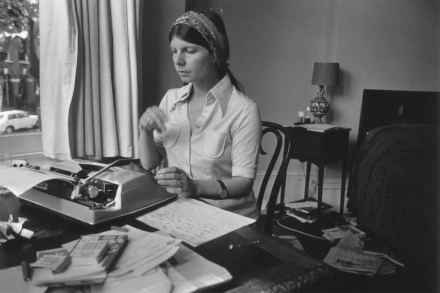A haze of artifice
Auden said: ‘The ideal audience the poet imagines consists of the beautiful who go to bed with him, the powerful who invite him to dinner and tell him secrets of state, and his fellow-poets. Auden said: ‘The ideal audience the poet imagines consists of the beautiful who go to bed with him, the powerful who invite him to dinner and tell him secrets of state, and his fellow-poets. The actual audience he gets consists of myopic schoolteachers, pimply young men who eat in cafeterias, and his fellow poets. This means, in fact, he writes for his fellow poets.’ Certainly Auden’s The Age of Anxiety, which was first published in 1947,













